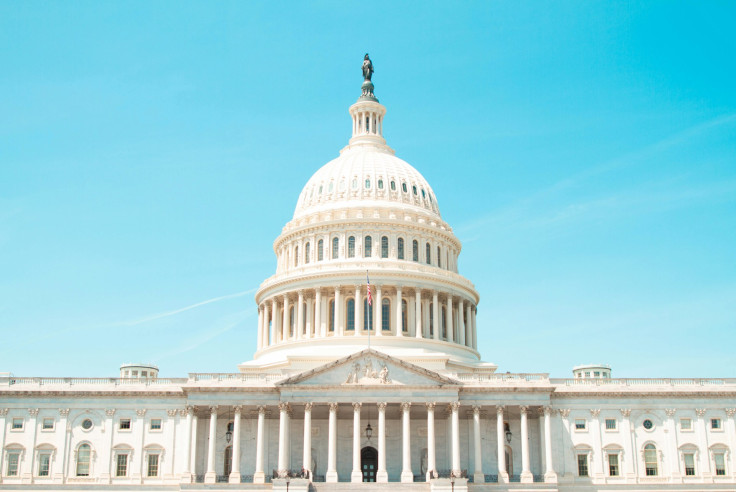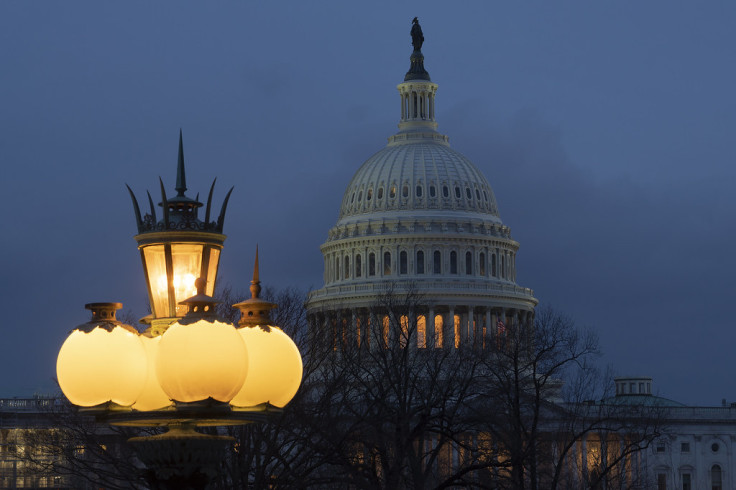US Government Shutdown Explained: Who Gets Paid and Who Misses Out?
Shutdown 101: Which federal workers and services keep running—and which ones don't

The United States federal government officially shut down on 1 October 2025 after Congress failed to approve a stopgap funding bill before the deadline.
The shutdown, driven by a bitter standoff between Republicans and Democrats over Medicaid cuts and Affordable Care Act subsidies, has forced hundreds of thousands of federal workers into unpaid leave or work without pay.
According to the Congressional Budget Office, the daily cost of compensation for affected workers is estimated at $400 million (approximately £297 million).
The shutdown has already impacted departments ranging from the Department of Health and Human Services to the Federal Aviation Administration (FAA), with furloughs and suspended services rippling across the country.
Who Keeps Getting Paid?
Despite the shutdown, some officials remain unaffected—most notably members of Congress and the President. Their salaries are protected under Article I, Section 6 of the US Constitution, which states: 'The Senators and Representatives shall receive a Compensation for their Services, to be ascertained by Law, and paid out of the Treasury of the United States.'
This constitutional safeguard means lawmakers continue to receive their pay even as millions of federal employees go without. While some members of Congress have requested that their salaries be withheld during the shutdown, such gestures remain voluntary and symbolic.
Presidents also continue receiving their salaries during funding lapses. President Donald Trump, now serving his second term, has announced that he will once again donate his salary, as he did during his first term.
Who Misses Out?
Federal staff fall into three categories during shutdowns: furloughed, excepted, and exempt.
- Furloughed workers are prohibited from working and receive no pay until the shutdown ends.
- Excepted workers, whose roles are essential to public safety or national security, must keep working without pay until funding resumes.
- Exempt workers, whose jobs are funded by non-annual appropriations, continue unaffected.
Under the Government Employee Fair Treatment Act of 2019, furloughed and excepted staff are legally entitled to retroactive pay when the shutdown ends. However, the timing of these payments varies by agency.
Contracted workers, such as janitors and cafeteria staff, face a more precarious situation. The 2019 law does not cover most employees and may not entitle them to back pay unless their employers choose to cover wages during the shutdown. As Dan Koh, former deputy assistant to President Biden, noted: 'There is no obligation... They get completely screwed. There is no back pay. They just get no money.'
Essential Services Continue—But With Limits
Despite the shutdown, certain services remain operational. Military personnel, law enforcement officers, and air traffic controllers are required to work, though their pay is delayed.
The FAA has furloughed over 11,000 employees, while 13,000 air traffic controllers continue working without pay. Certification and safety oversight of aircraft will continue, but hiring and training programmes have been suspended.
Social Security and Medicare benefits will continue, as they are mandated by law. However, reduced staffing may result in delayed processing of new applications and responses to customer service requests.
The Department of Health and Human Services expects to furlough 41% of its workforce, including staff at the CDC and NIH. National parks may remain open using reserve funds, but most visitor services will be suspended.
Political Fallout and Public Frustration

The shutdown stems from a failure to pass a stopgap funding bill, with Republicans pushing for cuts to Medicaid and Democrats demanding the extension of Affordable Care Act subsidies. The impasse has reignited public frustration over the recurring nature of shutdowns and the perceived disconnect between lawmakers and the citizens they serve.
As Representative Ami Bera explained: 'During a US government shutdown, federal employees from shutdown agencies are either furloughed (prohibited from work and unpaid) or required to work without pay if their roles are deemed essential to public safety.'
With no clear resolution, the shutdown's effects are expected to deepen, disrupting not only federal agencies but also state programmes reliant on federal funds. For now, millions face uncertainty over when Washington will restore funding—and wages.
© Copyright IBTimes 2025. All rights reserved.




















